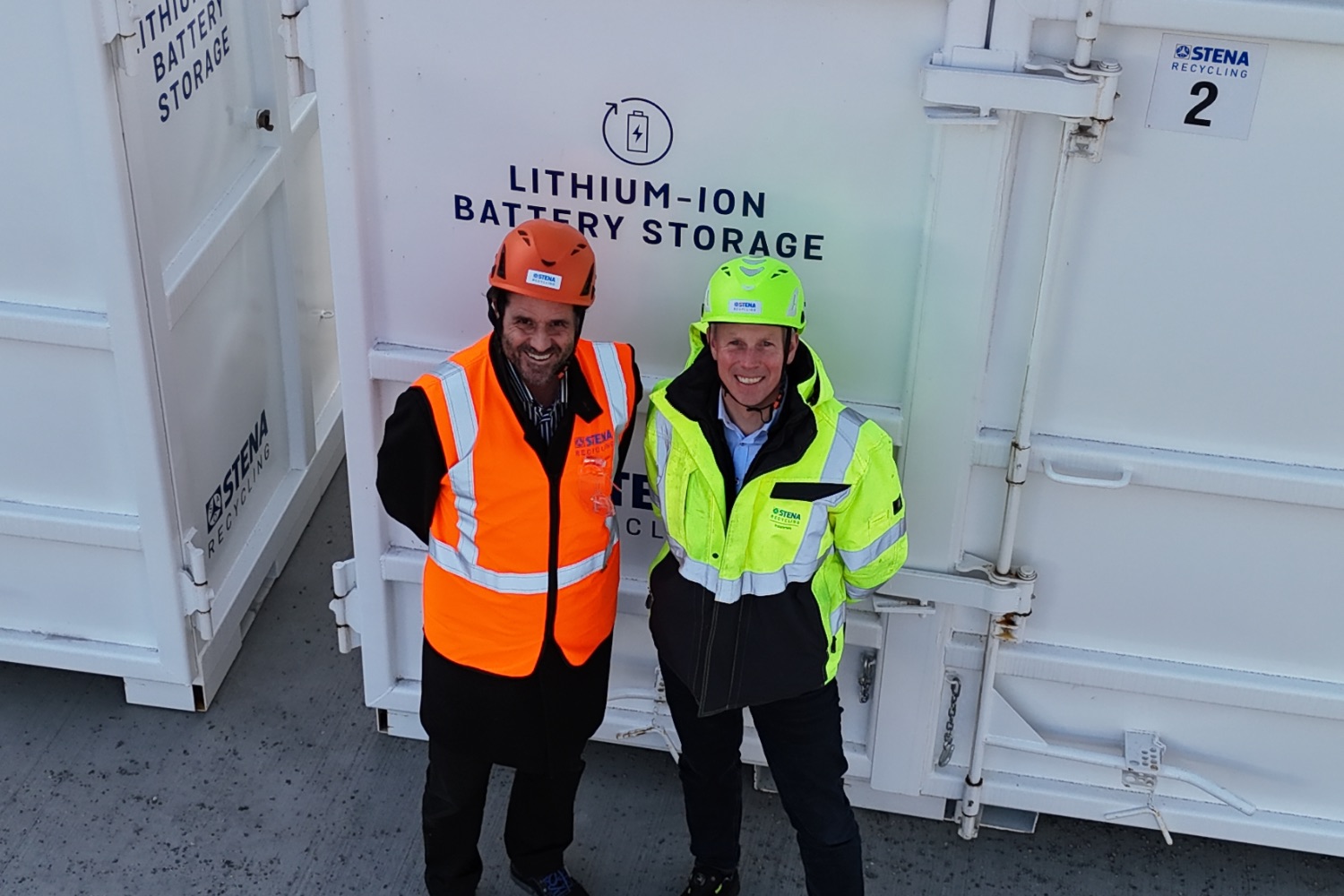Nissan has announced that it's linking up with Stena Recycling (yes, part of the same group as the well-known Stena ferry company) to start re-using some of the worn-out batteries from its Leaf electric hatchbacks in Norway.
Are there a lot of worn-out EV batteries?
Up to a point, yes, but it's worth noting at this point that electric car batteries actually wear out very slowly indeed, but with more than 80,000 Nissan Leafs sold in Norway since the model first launched in 2011, there are most certainly a few batteries - at least - which have reached the end of their useful lives in cars, and which can now be recovered, and re-used in other settings.
According to Nissan: “Unlike many operators who focus solely on extracting raw materials from entire batteries, Stena Recycling takes a more sustainable approach. Each battery is carefully diagnosed at the facility in Ausenfjellet, near Oslo, to determine which parts can be reused and which need to be recycled.”
How useful can an old EV battery be?
There's a considerable level of value in a battery that is no longer fit for use in a car - which generally happens once it drops below 70 per cent of its original energy storage capacity - as batteries like that can be used for another 10-15 years as static storage batteries, either in domestic or commercial settings.
According to Jon Emil Furuseth, Country Manager High Energy Batteries at Stena Recycling, this approach can extract much more value than simply breaking down the batteries into new materials and minerals.
'Great potential'
Nissan also sees great potential in the partnership. "Since launching the Nissan Leaf in 2011, we have developed unique expertise in EV technology. Now we want to take a leading role in the sustainable treatment of used EV batteries," says Alan Low, EV Battery Circular Economy Manager for Nissan Energy. "Through this partnership, we can offer second-life products while helping to reduce the environmental footprint in line with our ambitions for carbon neutrality by 2050."
The tie-up with Nissan gives Stena Recycling a steady supply of incoming batteries, which is likely to be crucial in the years to come as newly-mined materials become more expensive. The materials used in batteries can be almost endlessly recycled to make new batteries, so there is the potential for a fully circular loop of usage here.
By combining their efforts, Nissan and Stena Recycling reckon that they can: “ensure safe localisation and transportation, dismantling, repair, and reuse of EV batteries, allowing them to have a second life in new applications.”

